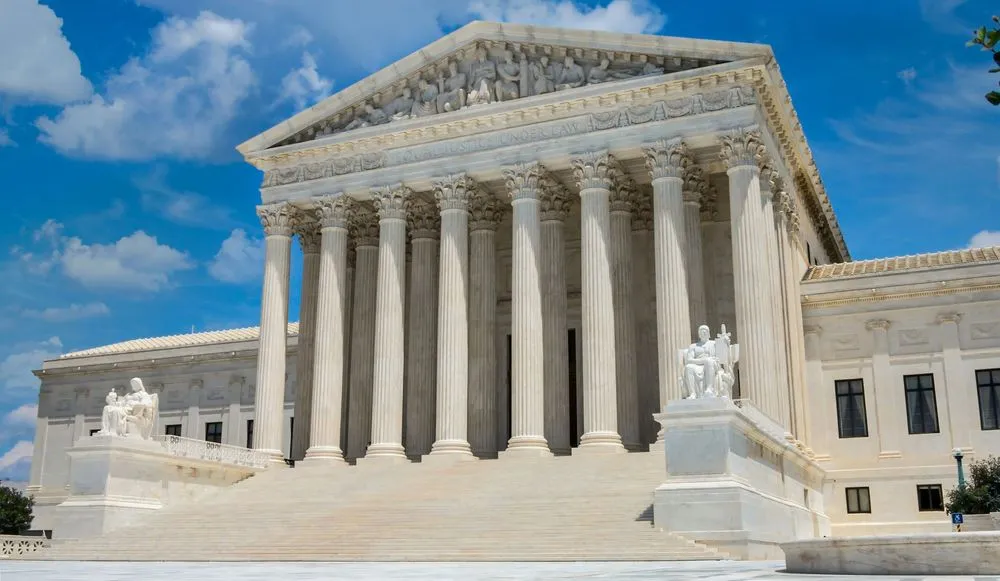Supreme Court seems poised to uphold age-gating law for online sexual content
A majority of Supreme Court justices on Wednesday appeared sympathetic to a Texas law requiring online porn viewers to verify their age.
Arguments in the case — Free Speech Coalition v. Paxton — centered on whether the 2023 law violates free speech by requiring everyone who attempts to access online porn in the state to prove they are adults.
Republican justices were especially skeptical of the Free Speech Coalition’s arguments, but even Elena Kagan, a staunch liberal, asserted that states should have the right to regulate access to porn.
The court’s ruling has significant privacy implications because the Texas law requires anyone accessing adult websites to supply a government issued ID, digital ID or documents such as mortgage records.
It is not yet clear to what extent the court might diminish free speech protections for adult content and how a decision could specifically shape age verification requirements. Sexual content has long had broad First Amendment protections.
The Texas law requires websites where more than one-third of content can be considered “sexual material harmful to minors” to take “reasonable” age verification measures.
Similar laws are now in place in nearly 20 other states. As a result of the wave of legislation, the popular adult site Pornhub has pulled out of Texas, Florida, North Carolina and several other states.
In January 2024, mobile and desktop users made nearly 12 billion visits to Pornhub, according to the data gathering platform Statista.
Free Speech Coalition v. Paxton is the first significant free speech case relating to sexual content to be heard by the high court in more than twenty years.
In 2004, the Supreme Court overturned a similar age verification law in the Ashcroft v. ACLU decision, but on Wednesday several justices suggested that the evolution of the internet and the increased accessibility of porn requires a new look at the issue.
Privacy and civil liberties advocates are alarmed by the age verification trend, which the ACLU says can even be used to block sex ed content and information about LGBTQ+ identities.
“These laws chill adults from accessing content online that they have a First Amendment right to see,” a Tuesday ACLU blog post said.
The civil liberties organization said the laws are also ineffective, asserting that the Texas law does not block similar sexual content from search engines and social media platforms.
Suzanne Smalley
is a reporter covering digital privacy, surveillance technologies and cybersecurity policy for The Record. She was previously a cybersecurity reporter at CyberScoop. Earlier in her career Suzanne covered the Boston Police Department for the Boston Globe and two presidential campaign cycles for Newsweek. She lives in Washington with her husband and three children.



